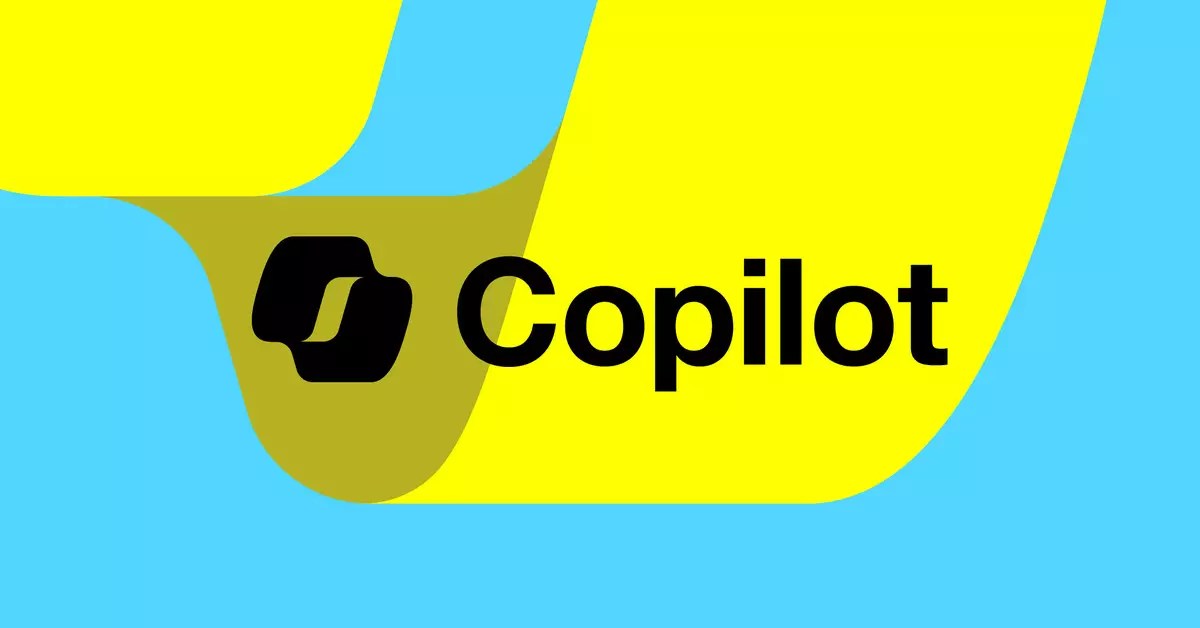As the digital landscape evolves, television manufacturers are racing to incorporate advanced technologies that appeal to modern consumers. The recent announcements from LG and Samsung regarding their 2025 smart TVs during CES highlight this trend, particularly their integration of Microsoft’s Copilot AI assistant. However, the efficacy and practicality of these AI features raise important questions about their real-world applications and the authenticity of the claims being made.
Both LG and Samsung are capitalizing on the burgeoning interest in artificial intelligence, branding their new televisions with dedicated AI sections to entice tech-savvy consumers. LG’s rebranded “AI Remote” and the promise of accessing Copilot for complex information searches may seem revolutionary on the surface. However, the lack of a thorough demonstration or a detailed explanation of how Copilot enhances the user experience creates skepticism. It appears that the emphasis is more on marketing than on delivering tangible benefits to consumers.
Samsung, on the other hand, is introducing its “Vision AI” brand, boasting features such as AI upscaling and Auto HDR Remastering. While these enhancements sound beneficial, they beg the question of how effectively AI can improve conventional viewing experiences. The presence of an AI button on Samsung’s remote, intended for food recognition and home security analysis, further suggests a push toward functionality that may not be fully fleshed out yet. The concerns lie in whether these features are solid advancements or merely superficial gimmicks.
Both companies tout their partnership with Microsoft to promote personalized recommendations through Copilot, yet a lack of available information about how Copilot operates raises doubts. During press engagements, responses from both companies about the specifics of Copilot have been vague, indicating a possible lack of readiness to present this technology to the market. This raises critical questions about product maturity and readiness: Are these companies rushing to market features that aren’t fully developed or tested?
The absence of visible demonstrations or detailed user experiences further cements these concerns. In an age where consumers demand reliability and substantive innovation, vague promises about AI capabilities don’t suffice. They may be seen as an opportunistic pivot towards the latest tech trends without a robust framework for real benefit or functionality.
As we venture deeper into the era of AI, the television sector must tread carefully. While the integration of technologies like Copilot could potentially transform our interaction with smart TVs, the current offering by LG and Samsung feels more like a marketing experiment than a fully realized innovation. For consumers, this raises the pivotal issue of investing in a product that promises more than it can deliver.
Until LG and Samsung can effectively demonstrate the real-world applications and enhancements that Copilot offers, their efforts may be overshadowed by skepticism. The allure of AI in television holds significant potential, but manufacturers must focus on delivering substantiated, user-friendly technologies that truly improve the viewer experience. As it stands, consumers should approach these new offerings with cautious optimism, awaiting tangible proof of their effectiveness in everyday use.


Leave a Reply